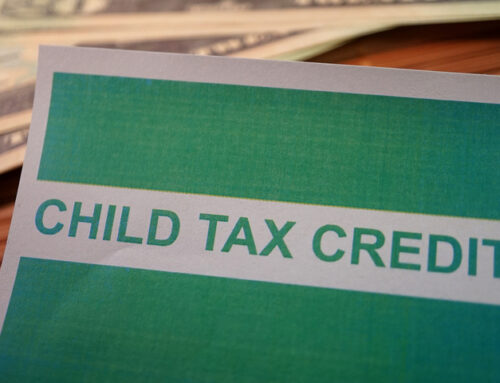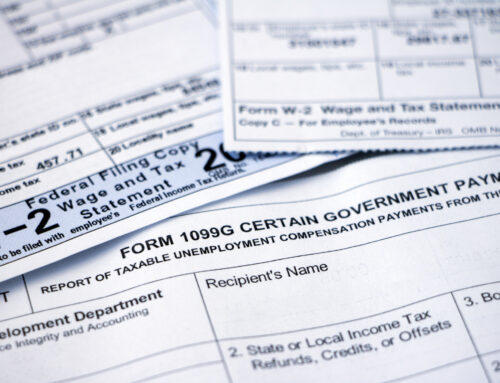In Trump Tax Plan, a Windfall for Businesses Large and Small
A lower tax rate for corporations. Reduced taxes for partnerships like law firms. An easy way to bring overseas profits back to the United States without being taxed.
Corporate America had a long wish list when it came to tax reform, and on Wednesday, President Trump gave companies just about everything they wanted.
“This is much more than I think anyone could have hoped for,” said Robert Willens, an independent corporate tax expert. “I’ve never seen something like this. Taken together, this is the most dramatic and beneficial group of corporate tax reform suggestions we’ve ever had.”
The list of those who stand to benefit from the proposed tax plan, which Mr. Trump promoted on Wednesday during a speech in Indianapolis, is long. Individual earners, small businesses, law firms, hedge funds, manufacturers and multinational corporations could all see dramatic tax cuts.
There is no certainty that the main points in the White House plan will become law. Congress must now turn the nine-page proposal into a passable piece of legislation. But business leaders were nonetheless quick to applaud the broad outlines of the proposal, claiming that tax cuts they would spur new investment and grow the economy.
Jamie Dimon, the chief executive of JPMorgan Chase and the chairman of the Business Roundtable, called the plan “an encouraging step forward in our shared goal of a tax system that delivers higher economic growth, job creation and wages that our country desperately needs.”
John Stephens, the AT&T chief financial officer, said it was “a big step toward meaningful reform that would encourage more investment and job creation in the United States.”
And U.S. Chamber of Commerce’s chief executive, Thomas J. Donohue, said the proposed tax cuts were “good news for American families and employers.”
Yet even as business leaders salivate at the prospect of lower taxes, skeptics are questioning whether companies would actually invest tax savings in things like factories and jobs, and whether such cuts would meaningfully help the economy, which is already expanding.
“This is a very cynical document,” said Edward D. Kleinbard, a tax expert at the University of Southern California law school. “The extraordinary thing about the proposal is that we know that it loses trillions of dollars in revenue, yet at the same time the only people we can identify as guaranteed winners are the most affluent.”
Read more: http://nyti.ms/2xWUSVB
Shared from NYTines.com






